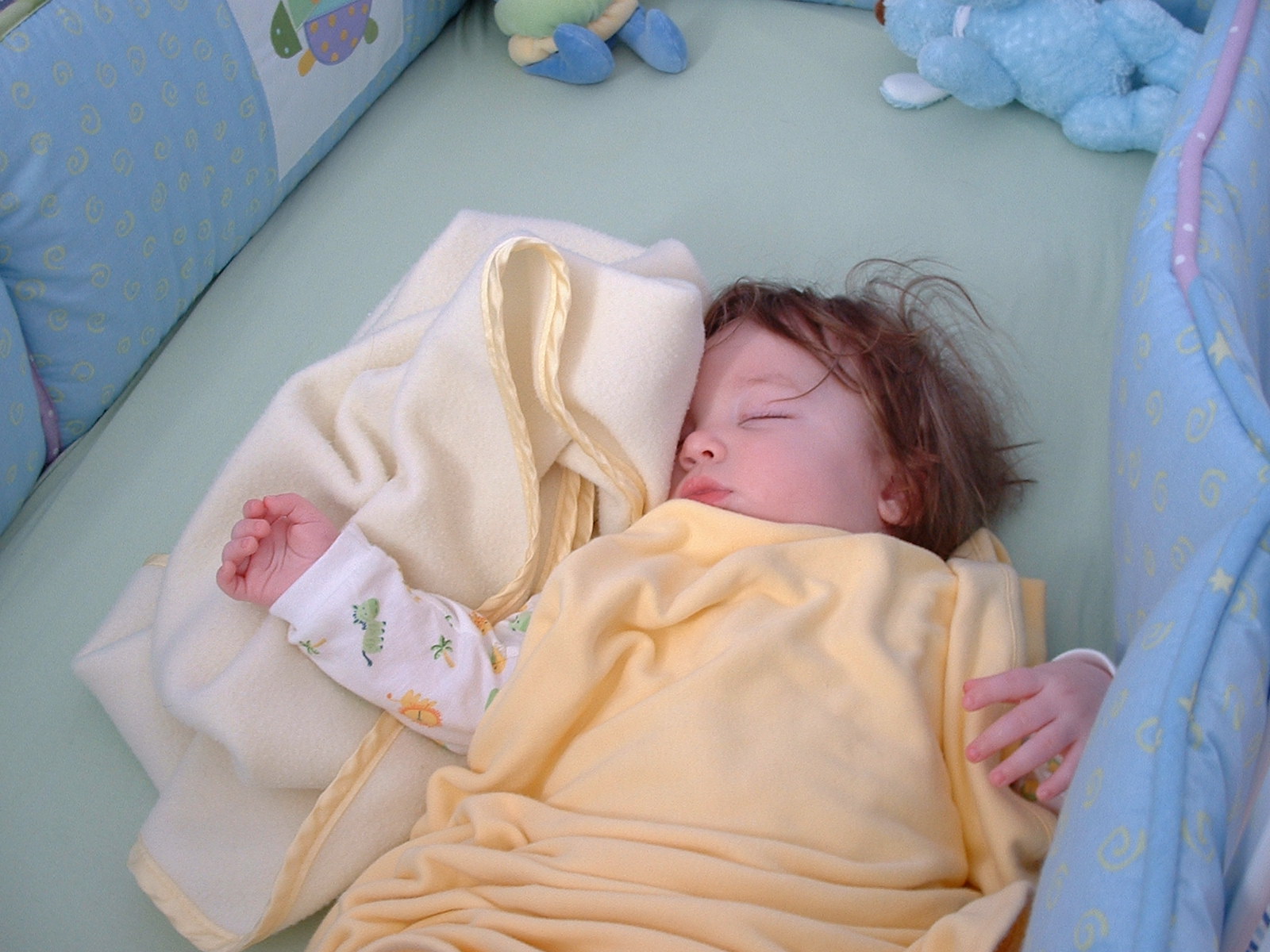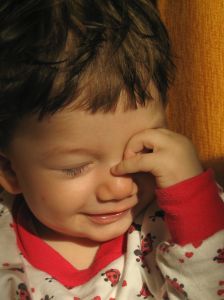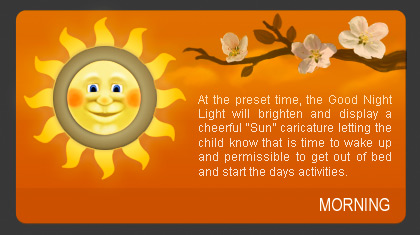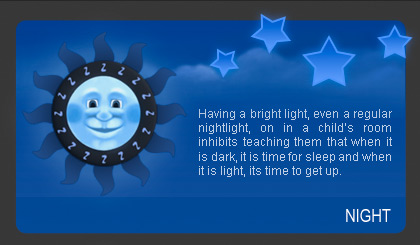
Book Review: The No Cry Nap Solution
 All the moms I know love it when their babies nap. When babies get out of that newborn stage where they sleep anywhere and everywhere sometimes napping gets a little more challenging. Once the baby is a few months old and mommy has to go back to work, take care of other kids at home, actually get some cleaning and laundry done….you know what I am saying– it is wonderful when the baby sleeps for a good long chunk during the day so some of those things can get done. It is so relieving for many moms when babies learn to nap in their bed, on the floor, in a stroller, in a car seat…..point being when the baby doesn’t have to be held every time he needs to sleep. Some babies just don’t transition from that newborn “I’m going to be such a laid back, easy sleeping baby” to napping on their own very well.
All the moms I know love it when their babies nap. When babies get out of that newborn stage where they sleep anywhere and everywhere sometimes napping gets a little more challenging. Once the baby is a few months old and mommy has to go back to work, take care of other kids at home, actually get some cleaning and laundry done….you know what I am saying– it is wonderful when the baby sleeps for a good long chunk during the day so some of those things can get done. It is so relieving for many moms when babies learn to nap in their bed, on the floor, in a stroller, in a car seat…..point being when the baby doesn’t have to be held every time he needs to sleep. Some babies just don’t transition from that newborn “I’m going to be such a laid back, easy sleeping baby” to napping on their own very well.
Have you ever rocked and rocked your baby to sleep only to have him wake up 20 minutes after you lay him down? Do you get stressed out if your baby fusses or cries before falling asleep? Would you prefer to help your baby nap well without letting him cry? Do you wonder why your baby can only sleep for 45 minutes during a nap? Have you ever wondered when your baby needs to drop a nap? Will your baby only go to sleep if you nurse him to sleep? Does your baby/toddler have a hard time napping in general? Do you struggle with having a consistent bedtime/naptime routine? Do you wonder how much sleep your baby/toddler/preschooler needs over a 24 hour period? Do you feel like you’ve tried everything and you still need help getting your child to nap?
 If you answered YES to any (or all!) of these questions, then you will probably enjoy The No-Cry Nap Solution. Especially if you are fond of gentle, gradual change that includes as little crying from the baby as possible. I found this book very easy to read and it truly did address many problems that parents face when it comes to children and napping. Elizabeth Pantley offers several step-by-step guides in her book and is very gentle in her approach to getting children into a good napping routine. Her approach is compassionate and also practical.
If you answered YES to any (or all!) of these questions, then you will probably enjoy The No-Cry Nap Solution. Especially if you are fond of gentle, gradual change that includes as little crying from the baby as possible. I found this book very easy to read and it truly did address many problems that parents face when it comes to children and napping. Elizabeth Pantley offers several step-by-step guides in her book and is very gentle in her approach to getting children into a good napping routine. Her approach is compassionate and also practical.
When I got the book in the mail, I first skimmed it to see what she had to say about situations that I am currently facing with 2 of my children. My youngest (16 months) still takes 2 naps a day and I am ready for him to go down to one. I wanted to see what she had to say about dropping the morning nap. She has a list of criteria to help you determine if your baby still needs 2 naps. After reading her list (very helpful!), I determined that Graham isn’t ready to drop his morning nap. Then I skimmed the chapter on how to know if your child is ready to drop naps all together. Again, very helpful–and she had a GREAT section on how to create a good “hush hour” for your non-napping children. She had some sample daily sleep/nap/activity schedules to help guide you as you create healthy sleep routines for your kids. Again, very helpful.
Then I read the book from the beginning. She covers why naps are vital for a child’s development (and a parent’s sanity), she has a nap plan worksheet to help you decide what steps to take next, and is very encouraging to keep trying while figuring it all out. This book is a good choice to read even for parents who want to help prevent sleep problems with their newborn baby. She offers several suggestions for parents to start practicing right from the beginning.
I have been a big fan of Healthy Sleep Habits, Happy Child by Marc Weissbluth, since I read it 5 years ago. I found that The No Cry Nap Solution has very similar theories and ideas as Healthy Sleep Habits. The No Cry Nap Solution is much more practical and easy to read than Healthy Sleep Habits. For parents who tend to have more of an “attachment parenting” style I think The No Cry Nap Solution is a GREAT choice. Even parents who are in more of the “BabyWise” or “don’t mind if your babies learn how to soothe themselves to sleep” camp will appreciate all the suggestions and information the book offers. I found that Pantley is more comfortable with allowing a baby to nap in a swing, stroller, bouncy seat, car ride (motion sleep) than I am. In the early newborn stage when babies fall asleep so easily, motion sleep makes sense because that is what babies are used to. I found from my own experience that swing naps or car naps were not as restorative as when my kids slept in their own beds. Pantley is much more gradual in her approach (than I have been) to getting kids to sleep in their beds rather than a swing or moving stroller during naptime. To Pantley’s credit, she does have a clear plan/outline for parents on how to switch from a motion nap to a motionless nap. It just takes longer than the Healthy Sleep Habits, Happy Child way.
I enjoyed reading this book and give it a thumb’s up review. If you have read any of Elizabeth Pantley’s other books and enjoyed them, then no doubt you will enjoy this one as well.
For discussion: What nap problems are you dealing with right now? Let’s comiserate together!
Share the fun: Email + Del.icio.us + Digg + Technorati


 When my husband and I were childless we didn’t not understand what life was like for our friends who had kids. We sometimes wondered why my sister-in-law would leave early from a family dinner so her kids wouldn’t miss their eight o’clock bedtime. We didn’t understand why one night would be such a big deal.
When my husband and I were childless we didn’t not understand what life was like for our friends who had kids. We sometimes wondered why my sister-in-law would leave early from a family dinner so her kids wouldn’t miss their eight o’clock bedtime. We didn’t understand why one night would be such a big deal.
 As we are knee-deep in the holiday season, I am realizing something kinda important: Lucy has learned who Santa Claus is. (She’ll be three in a couple of months.) When we were decorating our tree a week ago, she said, “That’s Santa!” We think she picked up on it from an episode of “Dora the Explorer”. She is no longer an oblivious baby with no need to know about Santa one way or another. We’re now faced with the question: What do we teach her about Santa? People are always asking us at Christmastime if we “do Santa” with our kids, especially friends and people we know from our church. Apparently, it’s a tradition still embraced by most of the church-going folks in my own community.
As we are knee-deep in the holiday season, I am realizing something kinda important: Lucy has learned who Santa Claus is. (She’ll be three in a couple of months.) When we were decorating our tree a week ago, she said, “That’s Santa!” We think she picked up on it from an episode of “Dora the Explorer”. She is no longer an oblivious baby with no need to know about Santa one way or another. We’re now faced with the question: What do we teach her about Santa? People are always asking us at Christmastime if we “do Santa” with our kids, especially friends and people we know from our church. Apparently, it’s a tradition still embraced by most of the church-going folks in my own community. I am not a morning person. I love to sleep. The lack of sleep that comes with having children is probably my biggest personal challenge (and sacrifice)–well, that and staying calm when the children are not listening to directions–but that is a whole other topic. We prefer to have our kids go to bed on the earlier end
I am not a morning person. I love to sleep. The lack of sleep that comes with having children is probably my biggest personal challenge (and sacrifice)–well, that and staying calm when the children are not listening to directions–but that is a whole other topic. We prefer to have our kids go to bed on the earlier end 






